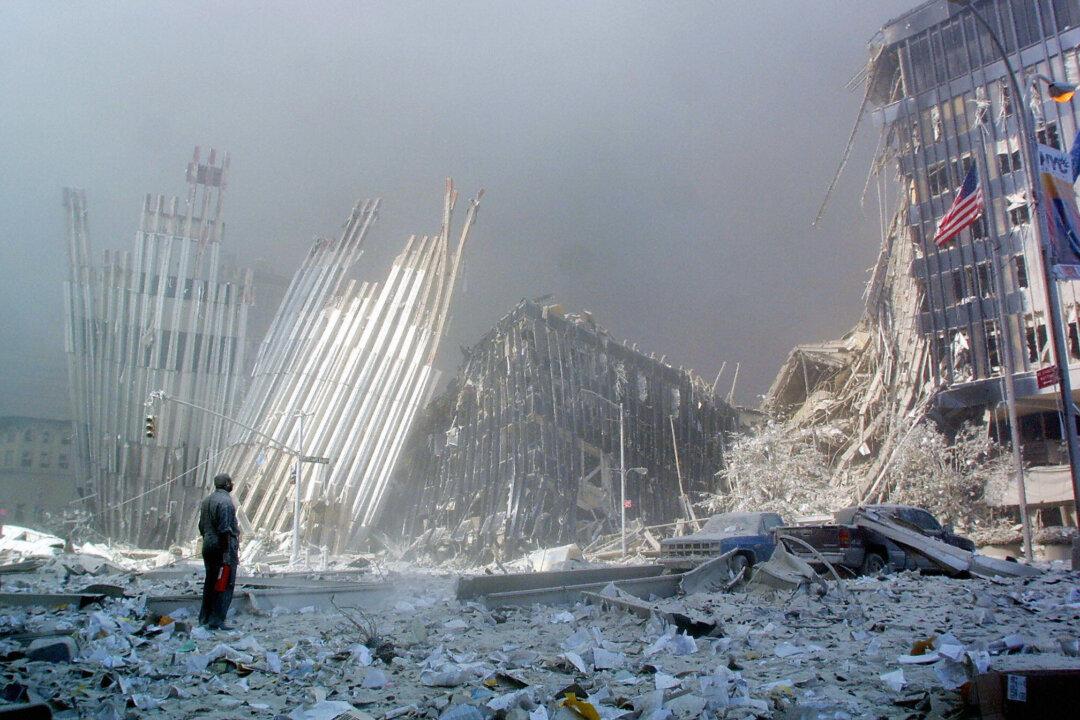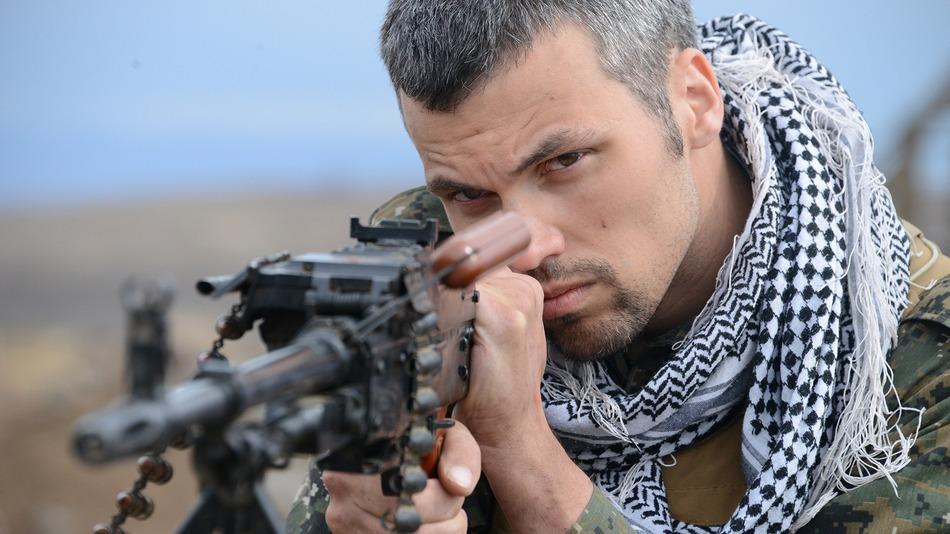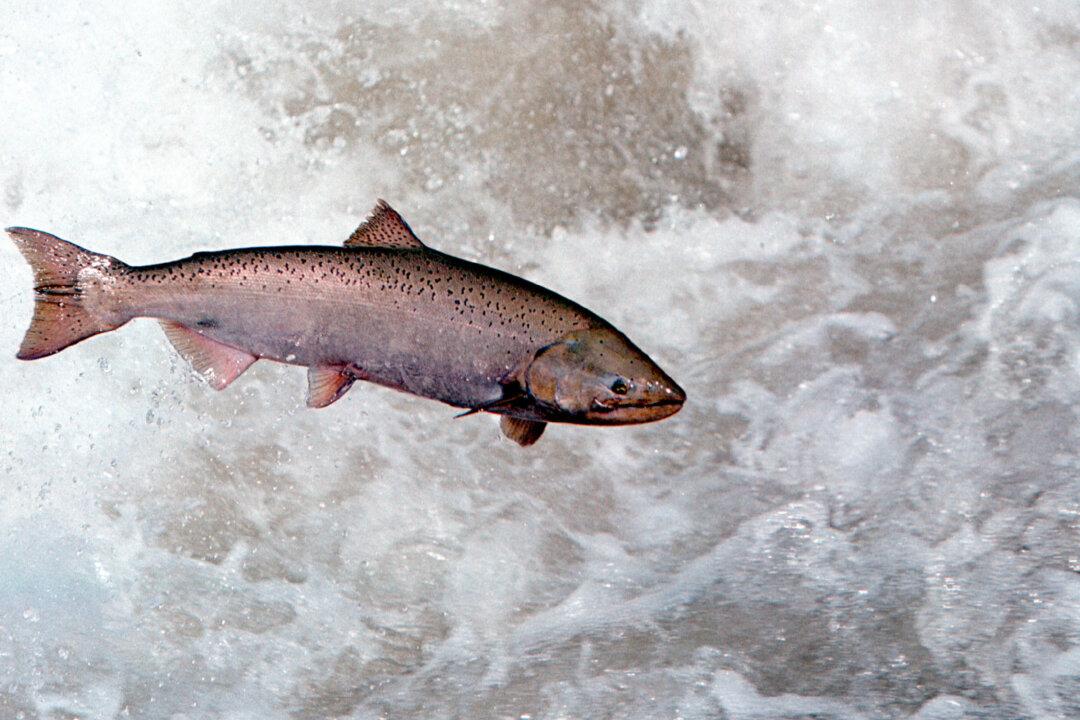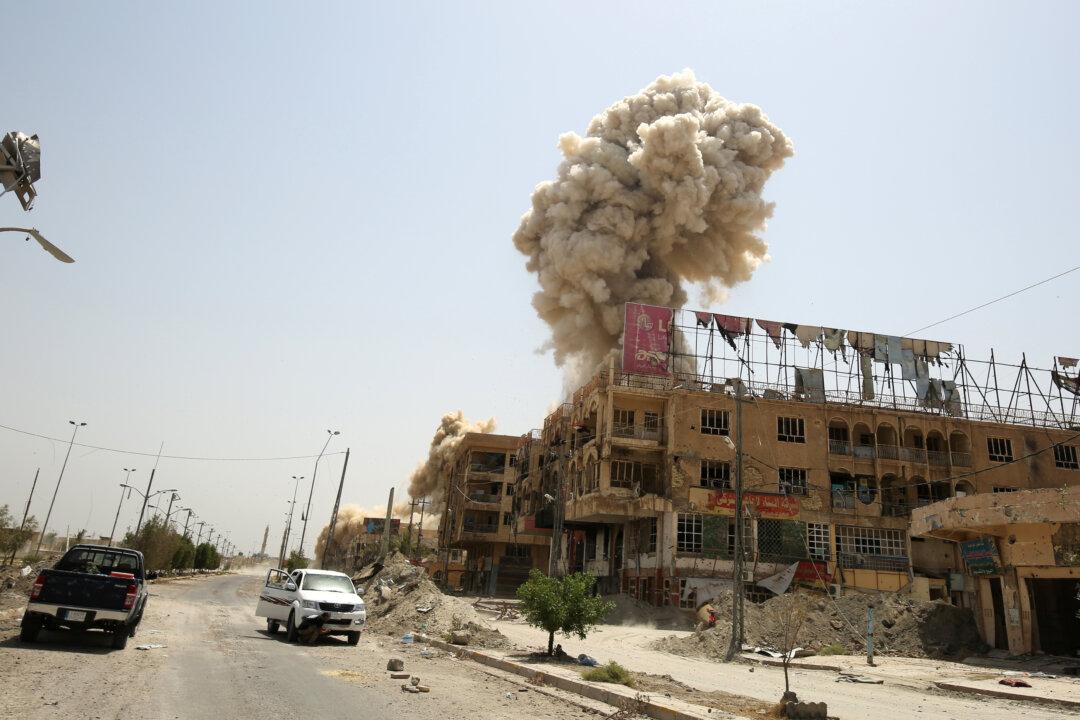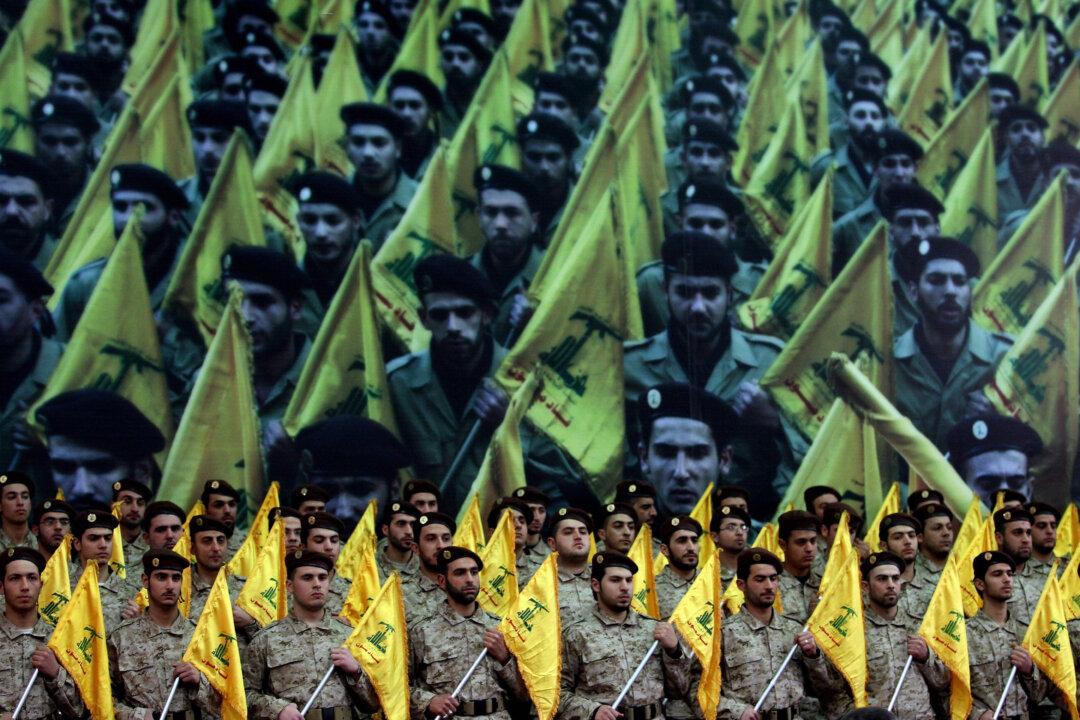NEW YORK—Everyone who is old enough to remember that day 13 years ago now known as 9/11 knows just what they were doing, where they were, and who they were with when they found out that New York City had been attacked. What is difficult to remember are the hours, days, weeks, months and years that have followed during which the U.S. drastically changed.
For some, the difference is a subtle change in social norms.
“We’re more polarized, we’re less civilized,” said Phil Hirschkorn, a former CBS Evening News producer who was at Ground Zero on 9/11. Hirschkorn added that there was a significant lack of accurate information on and after September 11. He pointed to the 9/11 Commission’s report prepared by the federal National Commission on Terrorism, which wasn’t released until years later, on July 22, 2004.
“What’s interesting is what we didn’t know,” said Hirschkorn. “It took a long time to get the timeline of the day right.”

